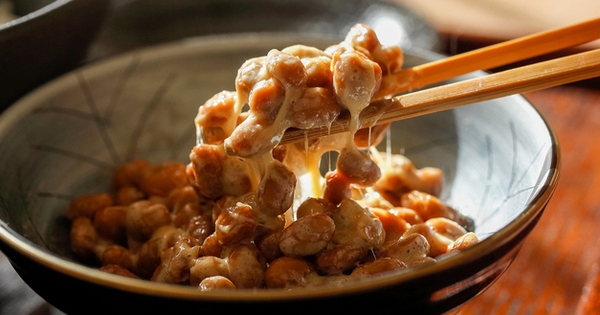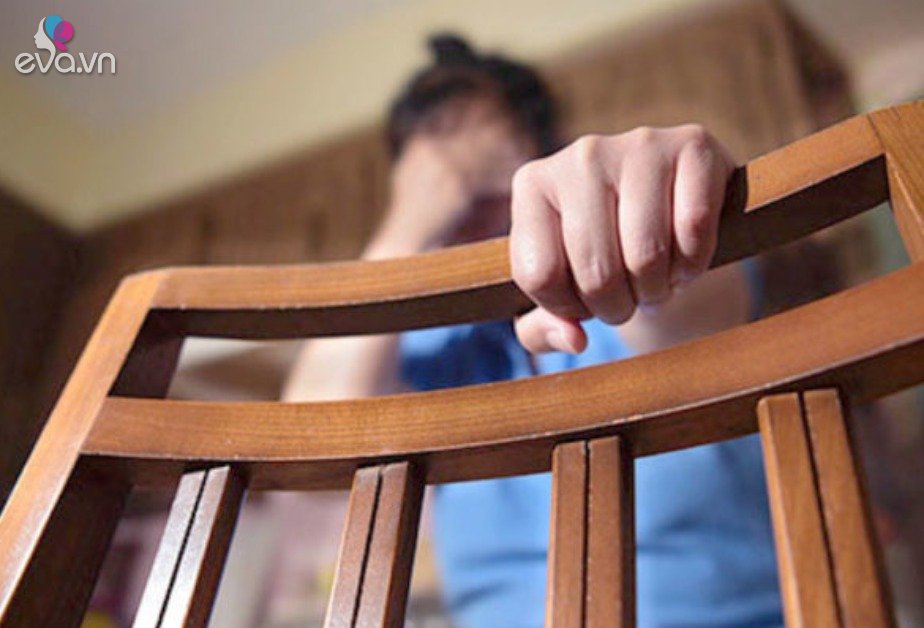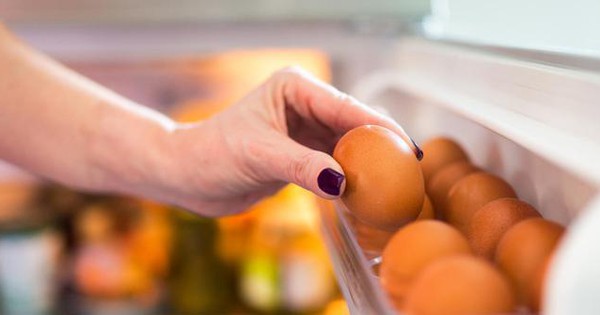What to eat after gallbladder removal?
Bile helps break down fat so that the body can easily absorb it, so people who have had their gallbladder removed should limit this group of substances and choose foods containing fiber.
Cholecystectomy is a common procedure used to treat gallstones, gallbladder polyps larger than or equal to 10 mm, and gallbladder cancer. Most people who have their gallbladder removed have no long-term effects. However, because bile used to be stored in the gallbladder, it now goes directly to the small intestine, so after cholecystectomy, it is necessary to change the diet.
The role of bile is to break down fats for easier absorption. Dietary changes to reduce the amount of fat in the body, limit the laxative effect of free-flowing bile, allowing the remaining bile to work better in the small intestine.
Immediately after cholecystectomy: The doctor will prescribe the patient a diet to help prevent nausea and constipation.
A few days after surgery: the patient should eat bland, foods such as bread, white rice, apple sauce, toast or soda crackers. This diet continues until you can pass normal stools.
Stable body after surgery: That’s when your low-fat diet will begin. This diet needs to be followed for at least a few weeks. In most cases, you need to avoid anything fatty, greasy, or fried.
You should avoid processed and sugary foods as they can lead to diarrhea. However, some fats are needed to support cell growth, nutrient processing, organ protection, and hormone production, so it’s important to balance your selection.

Protein-rich foods are beneficial for people who have just had gallbladder surgery. Photo: Freepik
There is no one-size-fits-all post-cholecystectomy diet. Some foods are beneficial for one person’s body but not for another, so listen to your body every time you eat any food.
Here are some food choices for people who have just had gallbladder surgery:
Fruits and vegetables: The soluble fiber in sweet potatoes and broccoli can help prevent diarrhea. If you find citrus fruits like oranges and grapefruits too acidic, eat apples, bananas, avocados, and berries. Vegetable soups are nutritious and easy to digest, but cream soups should be avoided in the short term.
Dairy products: Full fat can be too hard for your body to break down, especially when recovering from surgery. Low-fat yogurt, dairy-free milk, and some low-fat cheeses may be more tolerable. You can try dairy-free cheese made with cashews or tofu.
Fiber from whole grains: as you begin to return to your normal diet, it may be possible to focus on increasing your fiber intake from whole grains like brown rice and barley. Pizzas, pies, and other foods made with flour are difficult to digest.
Protein rich foods: not likely to cause problems for the body, unless they are also high in fat. Cholecystectomists should avoid cuts of beef with lots of tendons and trim excess fat from chicken, pork, beef, and other meats. Nuts, seeds, and nut butters are good sources of plant-based protein, but they’re very high in fat. Beans, legumes, and soy products are healthy choices.
Drinks: Soft drinks and alcohol should be avoided after cholecystectomy and also sugary drinks such as sugary juices and concentrates. Coffee drinks, such as latte with whole milk, can be difficult to digest. Herbal teas, mint, can be gentle on the digestive tract.
Desserts: high in sugars and trans fats that are especially hard to digest; Ice cream, cakes, cookies, puddings and chocolates should be eaten only occasionally and in moderation.

Wheat-based foods can cause indigestion. Photo: Freepik
Within a few weeks of having your gallbladder removed, you can increase the amount and range of foods you can eat. Experiment with different food groups to see how your body responds, and keep a food diary to track which foods are causing you the most problems and which aren’t.
Besides choosing foods, after cholecystectomy you should change the timing of main meals and snacks. Without a gallbladder to aid digestion, four to six small meals a day are better than the three large meals you may be used to. After a meal, you should give yourself time to digest the food. Strenuous activity after eating increases the risk of indigestion. If you eat outside, avoid sitting in the sun for too long. Overheating can increase the risk of diarrhea; Find shade and drink plenty of water to stay hydrated.
When starting a low-fat diet, constipation is a common reaction. You can often help ease these symptoms by drinking plenty of water and taking fiber supplements if needed. If side effects affect your quality of life, you should see a doctor to check and adjust accordingly.
Mr. Chi (According to Verywellhealth)
at Blogtuan.info – Source: vnexpress.net – Read the original article here


